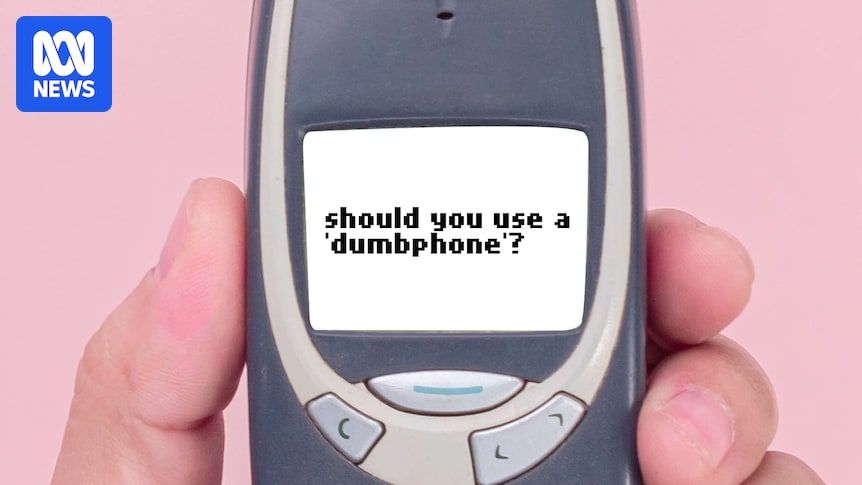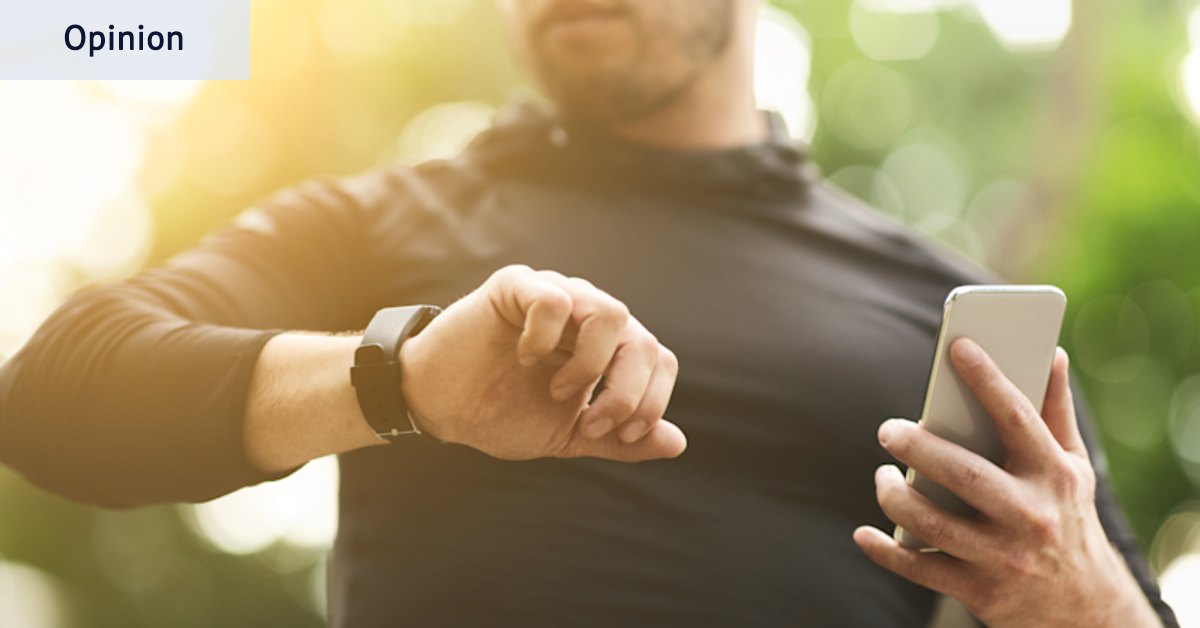
How old were you when you got your first smartphone? For many young Australians like Ekaager, 16, Kian, 15, Daiwik, 16, and Jiujiu, 15, smartphones have been a fixture since early childhood. “I think I was 12 or 11, around that age,” Ekaager recalls. Kian agrees, “I think I was like 10 or 11.” Daiwik and Jiujiu also received their first smartphones around age 12.
This early introduction to smartphones is not unique to these teens. A global 2024 study by Human Mobile Devices (HMD) discovered that children are receiving smartphones at an average age of 11, with some as young as three. The study, published in the Journal of Human Development and Capabilities, suggests that this trend has “dramatically reshaped childhood and adolescence.” Researchers found that those who received smartphones before age 13 exhibited worse mental health, reporting symptoms such as suicidal thoughts, aggression, and detachment from reality.
When asked about these findings, the teens at BTN High expressed little surprise. “Especially because a lot of the platforms I use, like Instagram, can be a little addictive… it’s hard for me to put it down,” said Lily, 15. Eric, 17, shared his experience, “I remember in year 10 I was really at my lowest and I think that social media was the significant contributing factor to it.”
Experts Weigh In on Smartphone Use
Child psychologist Michael Carr-Gregg, who led a 2018 review on phone use in schools leading to a nationwide ban in public schools, supports delaying smartphone access until age 13. “I think it was 2007, the Apple iPhone was launched, we started replacing a play-based childhood with a screen-based childhood,” he noted. “And right across the western world… we have seen an increase in depression and anxiety and self-harm.”
“Smartphones tend to be a distraction. They do interfere with sleep. They do create, I think, avenues for cyberbullying, extortion, those sorts of things.” – Dr. Michael Carr-Gregg
Dr. Carr-Gregg advocates for “graduated access restrictions,” preventing those under 13 from owning smartphones. Some teens, like Lachlan, 15, agree, seeing it as beneficial for future life. However, not all are convinced. Angus, 16, argues, “Thirteen is past that age where we… enter high school. I feel like phones are a big part of socialising and that sort of connection that many people rely on.”
The Rise of Dumbphones
In response to the negative impacts of smartphones, some young people are turning to “dumbphones” or feature phones, which offer basic functions without internet browsing or apps. Jameson Butler, 18, co-founder of The Luddite Club in New York, promotes the conscious consumption of technology. “My sleep schedule was off the charts,” she said, reflecting on her smartphone use. “Since I’ve gotten rid of my smartphone, I definitely spend more quality time with my family.”
The Luddite Club is gaining traction, with similar clubs emerging in Florida and Philadelphia. However, the trend hasn’t caught on in Australia. After spending time at the University of Adelaide, no students were found using dumbphones. “Yeah, this is too old,” remarked one student, while Harsimrat added, “No, that’s back in the old days.”
Challenges and Future Prospects
Despite the growing interest in dumbphones overseas, the transition seems unlikely for many young Australians. Dr. Carr-Gregg noted, “Once you’ve got a smartphone, I think the likelihood of you going back to a dumbphone is very, very small.” The fear of missing out (FOMO) is a significant deterrent, as Alex, 17, explained, “It’s like if people aren’t connected with their screens and social media and stuff, they… can’t see what other people are posting.”
Simar, 16, highlighted the practicality of smartphones, especially for safety reasons. “A smartphone was handy for my parents to know my location because I had to walk to school by myself,” she said. Meanwhile, Ekaager believes young people will find ways around potential bans, suggesting, “I feel like rebellion will also happen a lot where they’ll try to seek alternatives.”
Despite these challenges, some teens are open to experimenting with dumbphones. Eric considered it for the exam season, and Lily thought it would be “a nice experiment to try.” Alex, too, was intrigued, saying, “I’d probably struggle to, but I would maybe give it a try just to improve my mental health.”
As the debate over smartphone use and mental health continues, the question remains: will more young people opt for the simplicity of dumbphones, or will the allure of connectivity keep them tethered to their smartphones?






